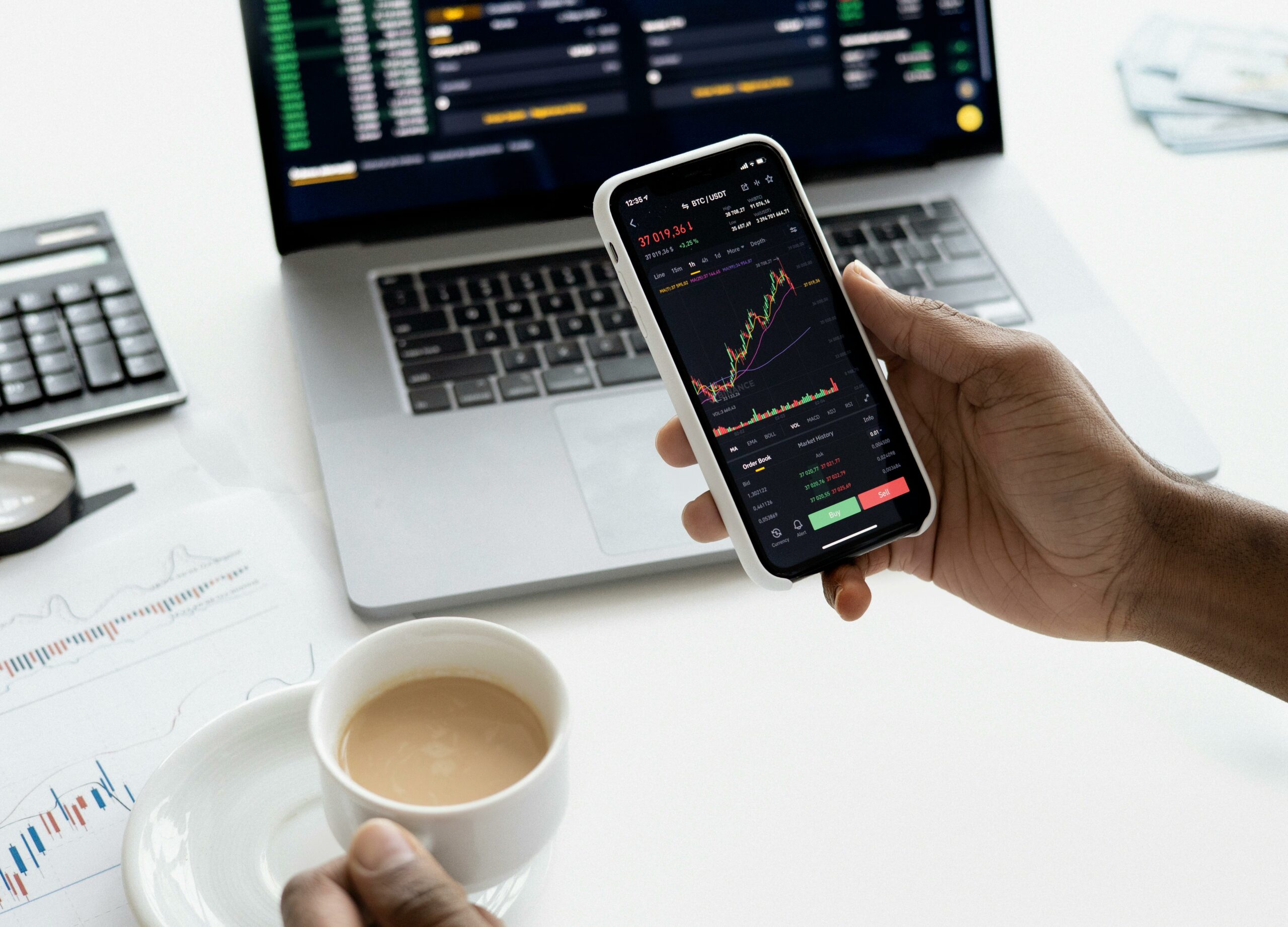
Sukuk, often referred to as Islamic bonds, are gaining traction as a robust investment tool that provides unique opportunities for portfolio diversification. As global investors increasingly seek alternatives that align with ethical and sustainable investing principles, Sukuk have emerged as an attractive option. This article delves into the current state of the Sukuk market, highlighting its appeal and the challenges it faces.
At its core, Sukuk is a Sharia-compliant investment vehicle that differs fundamentally from conventional bonds. While traditional bonds involve a debt obligation with fixed interest payments, Sukuk are structured to generate returns through profit-sharing or lease-based models, adhering to Islamic laws prohibiting riba (interest). This structural nuance not only appeals to Muslim investors but also to those looking to diversify their portfolios with assets that offer ethical returns.

The Global Appeal of Sukuk
In recent years, the global Sukuk market has expanded significantly. According to a report by Moody’s, the issuance of Sukuk is expected to grow by around 10% annually, driven by demand in core markets such as Saudi Arabia, the United Arab Emirates, and Malaysia. These regions have established themselves as leading issuers, supported by strong regulatory frameworks and government initiatives encouraging Islamic finance.
Saudi Arabia, for instance, plays a pivotal role in the Sukuk market. The Saudi Exchange recently reported an increasing interest in Sukuk from global investors, despite the country's Sukuk & Bonds Market being temporarily closed for trading. This interest is anchored in the stability and competitive returns that Sukuk offer, making them a favorable option for those seeking to mitigate risks associated with traditional financial markets.
Benefits of Investing in Sukuk
One of the primary appeals of Sukuk lies in their potential for stable returns. Sukuk are typically backed by tangible assets or specific projects, reducing default risks and providing investors with a degree of security uncommon in other fixed-income assets. Furthermore, Sukuk often offer yields comparable to those of conventional bonds, making them a viable alternative for income-seeking investors.
Moreover, Sukuk offer diversification benefits. By including Sukuk in their portfolios, investors can spread their risk across different asset classes, sectors, and geographies, thereby enhancing their overall portfolio resilience. This diversification is particularly valuable amid the current global economic uncertainties, where traditional markets face heightened volatility.
Challenges in the Sukuk Market
Despite their benefits, investing in Sukuk is not without challenges. One significant barrier is the complexity of their structures, which can be difficult for some investors to understand. Unlike conventional bonds, Sukuk transactions are built around asset ownership and profit-sharing arrangements, requiring investors to navigate a different set of legal and financial frameworks.
Another challenge is the liquidity of the Sukuk market. Although the market has grown, it still lacks the depth and liquidity of more established bond markets. This can lead to wider bid-ask spreads and longer holding periods, which may deter investors accustomed to the ease of trading in more liquid markets.
The Future of Sukuk
Looking forward, the future of Sukuk appears promising as they continue to evolve and adapt to meet the needs of a diverse investor base. Innovations in Sukuk structuring, such as green Sukuk, are gaining traction, aligning with the rising investor demand for sustainable investment options. Green Sukuk are designed to fund environmentally-friendly projects, appealing to the growing segment of eco-conscious investors.
The development of robust regulatory frameworks and international standardization efforts are also expected to bolster the growth and acceptance of Sukuk in global financial markets. These initiatives aim to enhance transparency, market access, and investor confidence, addressing some of the current challenges faced by the Sukuk market.

Conclusion
Sukuk represent a unique and compelling opportunity for investors looking to diversify their portfolios with Sharia-compliant, ethical investments. As the Sukuk market continues to expand and mature, driven by demand from both Islamic and non-Islamic investors, it holds the potential to play an increasingly significant role in global finance.
For investors, understanding the specific characteristics and benefits of Sukuk can unlock new avenues for growth and risk management. By integrating Sukuk into their investment strategies, they can not only achieve desired financial returns but also contribute to the broader goals of ethical and sustainable investing. As such, Sukuk are not merely an alternative to conventional bonds; they are a strategic asset class poised for growth in the ever-evolving landscape of global finance.